Trinisha Basak , 2015 GMBA
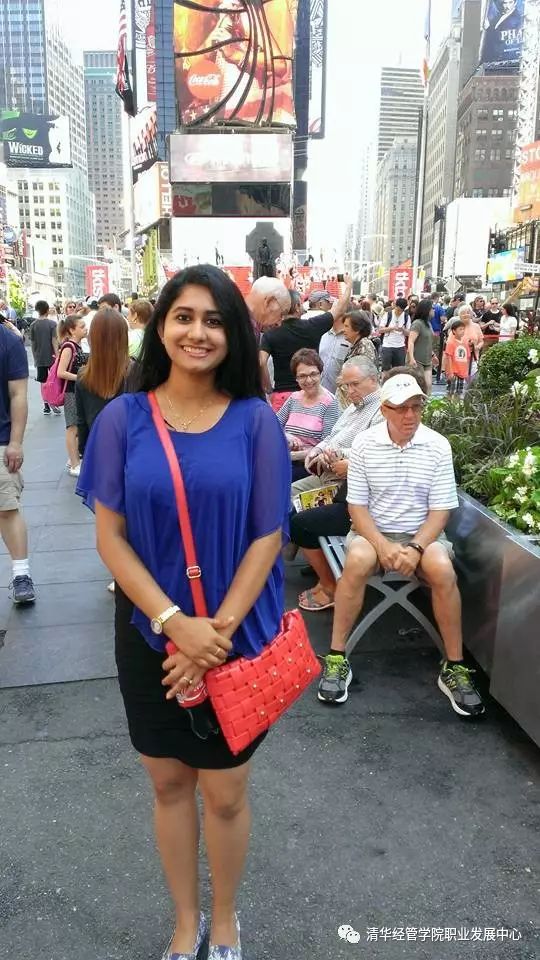
For new students, here are my suggestions that can help them to find a suitable job in China:
1First of all, understand your strength and skills.
We spend most hours at work, hence job satisfaction is a very important factor. I suggest taking internship as a trial for yourself. If you don’t like the job function, try to change immediately. For me learning a new language at a business level was hard and it was not my strength. However, tech products and its future development always made me interested. Hence, I chose to be Product Manager over a consulting job.
2Open to learn.
Learning agility is what every company is considering an ideal employee. Don’t restrict yourself from learning from your junior even.
2Collaborative mindset is another attribute that will help you to get your dream job.
In today’s world, everything is connected. A Product Manager needs help of a Marketing and CEO needs help of a Product Manager and so on.
4Make good connection with everyone.
Keep sharing your interest so that someone can connect you with the right person.
5Attend the job fairs arranged by CDC.
Even you don’t get your dream job you will get enough experience that will help you prepare for your dream job.
Keep focused and enjoy your stay in China! Beautiful country with beautiful people.
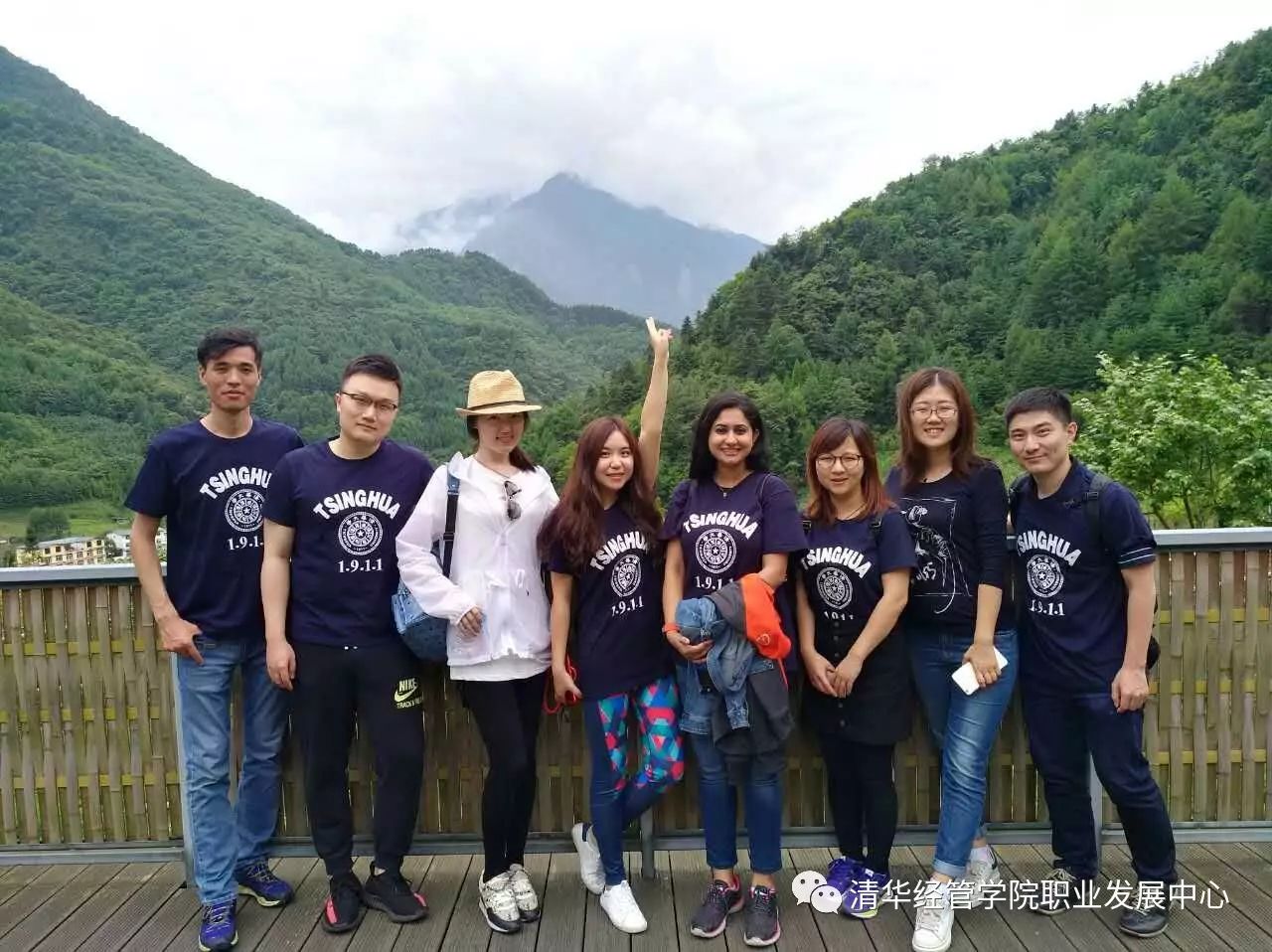
Tim Hesler,2015 GMBA

1Land on campus with concrete career goal.
Try to land on campus (prior to orientation) with concrete career goals, even if they have shifted a bit over the months since you shared your admissions story.While it is okay to do some exploring, the more specific you can be and the sooner you can do it, the more efficiently you will be able to channel your career development efforts (and those of the CDC on your behalf).
2Seek out some conversations with alumni in your field.
In whatever time you allocate to career development during your first semester, be sure to seek out some conversations with alumni in your field(s) of interest.Tsinghua's alumni network is rich; don't be afraid to make use of it. Having open-ended conversations (e.g., focused more on learning about their career paths and industry practices) will often serve you much better than simply framing the alumni conversations primarily by asking about available jobs and referrals.
3Consider the value and tradeoffs of Chinese language learning efforts.
Be aware that the job market for internationals is in some respects more complex than it was a decade ago. Not all jobs referred to the CDC will be open to foreigners; among those that are, some level of Chinese fluency is still a requirement for many; among those for which it is not a requirement, it is still a very desirable trait for almost all. It is not impossible to find a job in China without strong Chinese fluency, but a lack of language skill very much narrows your field of options. Try to gather substantial information about requirements for jobs of interest by the end of orientation in order to budget for any first-semester language study before the semester begins.
4Understand where your value lies, and leverage it accordingly.
You’ve likely done this to some extent in managing the MBA application process. Still, your MBA admissions value and professional value in your intended field may not be identical (though there should certainly be substantial overlap). Understand what you bring to the table, highlight those points effectively (but also know when to do so subtly and diplomatically) in your resume, interview, and choice of application targets.
5Recognize your priorities, and try to enjoy the process.
Certainly, career development can involve substantial pressure and challenges. The tradeoff decisions are real. However, establishing your priorities with clarity can be extremely helpful in developing awareness of which tradeoff choices are right for you. Your right tradeoffs are not always the same as those of your classmates, and being comfortable with that reality and the decisions that follow from it can ease the burden of building the imaginary “perfect” resume or career. Know your priorities, and then act on them, rather than solely on outside expectations. And try to enjoy the journey.
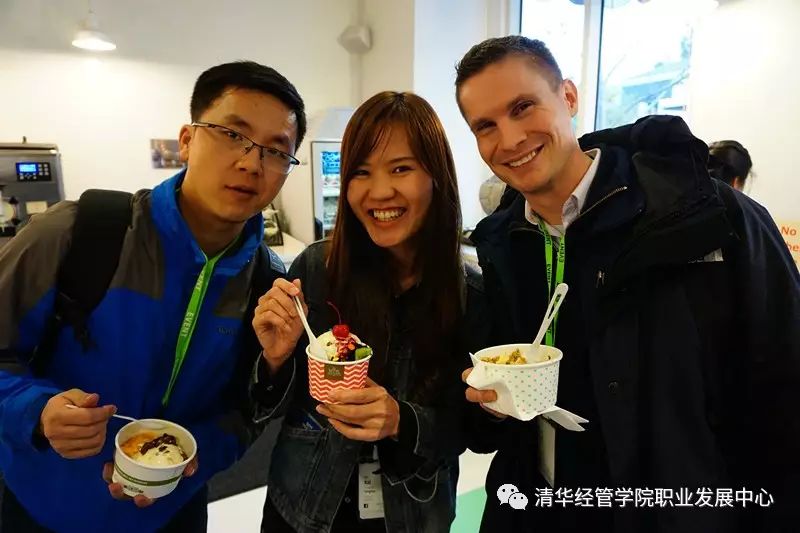
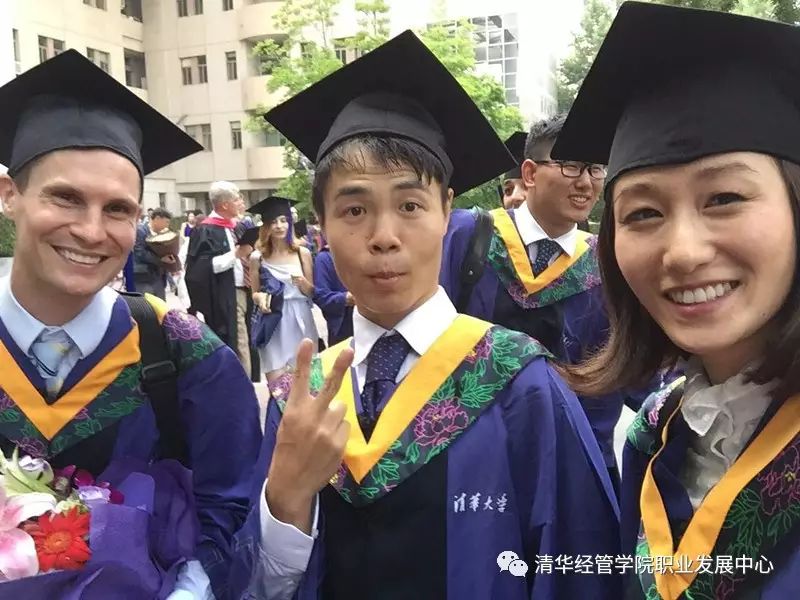
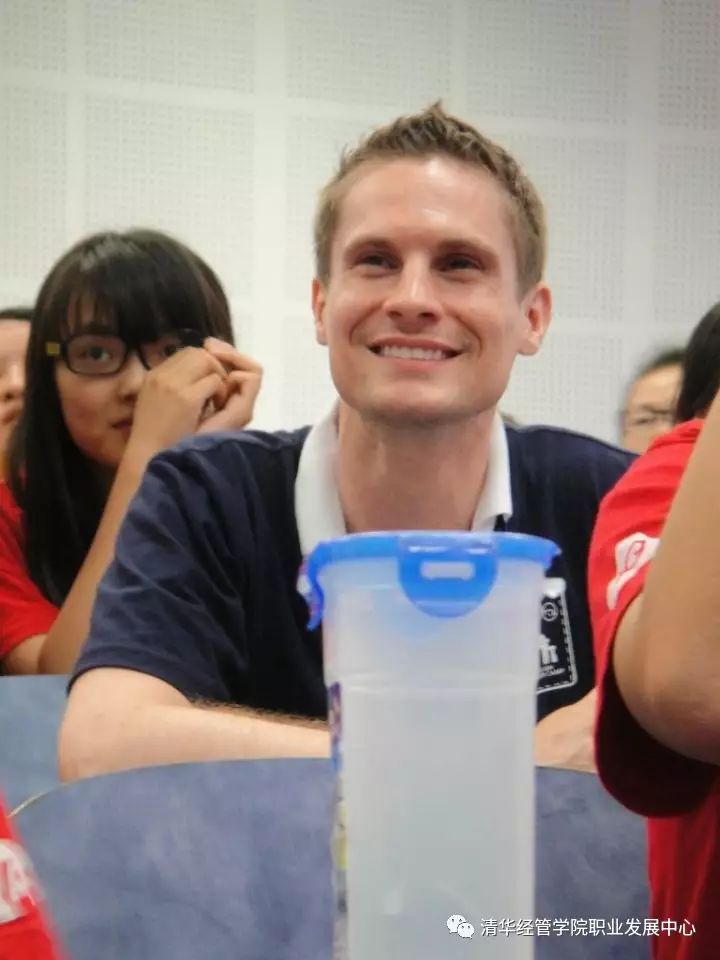
Juan Carlos, 2015 GMBA
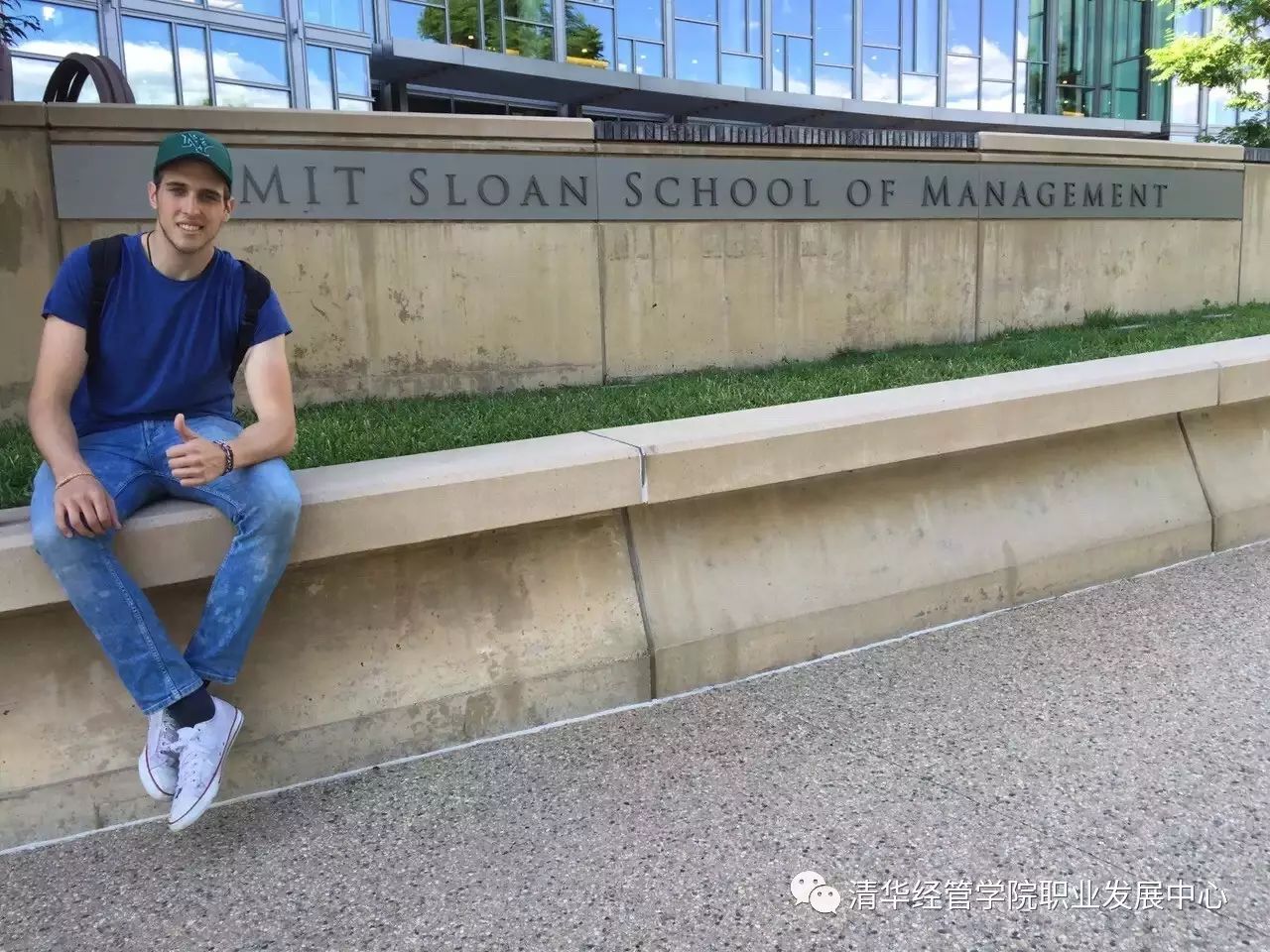
My goal had always been to join a top consulting firm. After my MBA, as a non-native Chinese speaker, my chances of being recruited in China by a top company of this industry was going to be an impossible challenge. For this reason, I started looking for strategy opportunities abroad, especially in Mexico, which was the country I was targeting for personal reasons.
During the summer holidays I came to Mexico to start seeking for opportunities. I contacted with a headhunter through a friend of mine who passed my resume to different strategy consulting companies. A few weeks later I got calls from several consulting firms such as Deloitte, Strategy& from PwC and Management Solutions.
I started interviewing for the companies mentioned before. The recruitment process is very similar in each of them. The first step is a multiple choice test very similar to the GMAT math part. This exam doesn’t need a lot of preparation but it is recommendable to do a few mock exams before taking it.
Once you passed the exam the candidates have to go through two interview rounds. Each round has an interview with the same structure. During the interview they will first spend 10 minutes asking on the candidate’s background and then 30 minutes in doing a business case. Business cases could be very peculiar and challenging. They could be on many different topics and trying to put the candidate out of the comfort zone. I really recommend to search on the internet for Victor Cheng, which is an ex-McKinsey consultant who has several online lectures to help preparing for this business cases and provides essential tips.
I also got the chance to participate in Bain recruitment process. I applied through the webpage and was contacted by HR. I passed until the final round but couldn’t participate in it. For the MBB companies the recruiting system is exactly the same. The only difference is that instead of having one interview per round it is two interviews per round. To be honest, this small difference makes a huge difference. After a 30 minutes business case on one topic, you have to be able to reset your mind and start over again.
清华大学经济管理学院职业发展中心
 CDCCDC致力于帮助清华经管学院学生发现自身潜在职业发展前景、确定职业发展方向、指导学生获得职业生涯成功发展所应具备的职业素质和技能,同时搭建学生与企业之间的桥梁、拓展学生工作机会,运用职业指导服务和雇主资源来帮助你求职成功。
CDCCDC致力于帮助清华经管学院学生发现自身潜在职业发展前景、确定职业发展方向、指导学生获得职业生涯成功发展所应具备的职业素质和技能,同时搭建学生与企业之间的桥梁、拓展学生工作机会,运用职业指导服务和雇主资源来帮助你求职成功。
 010-62781306
010-62781306
cdc@sem.tsinghua.edu.cn